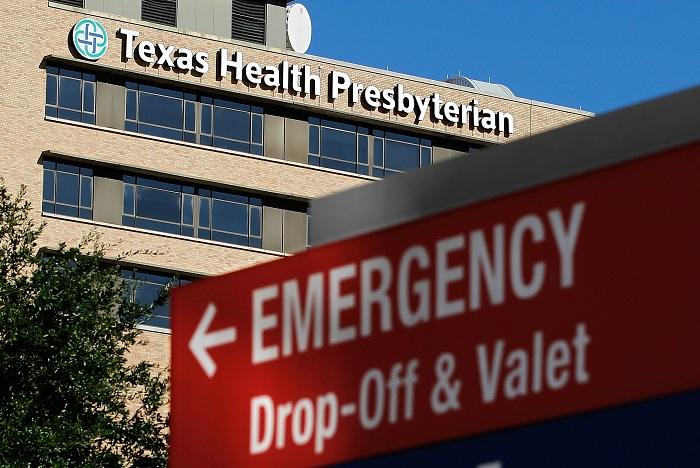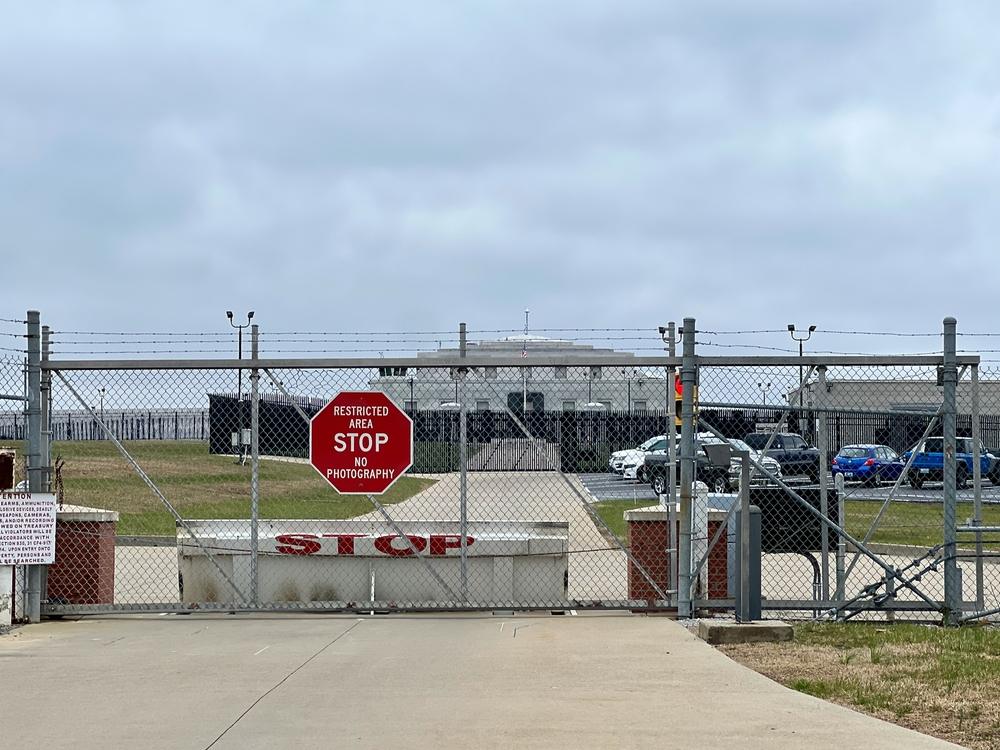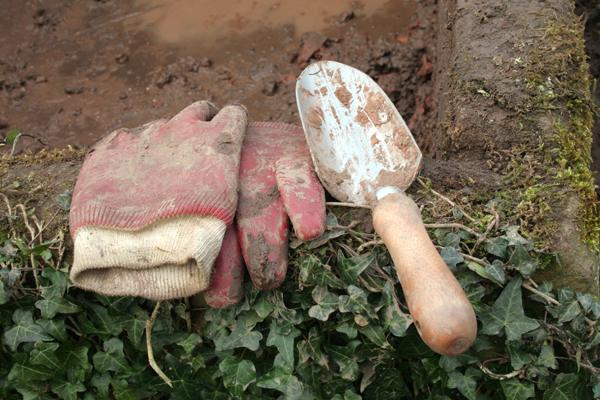
Updated 11:43 Eastern
Further underscoring the belief that Ebola has gone airborne, a second Dallas hospital worker who cared for Thomas Eric Duncan has contracted the deadly virus, despite having worn a full-body protective suit that supposedly safeguards doctors and nurses — and she was on an airplane the day before she reported her symptoms.
It is the third case of Ebola in America – and the second such case by workers at Texas Health Presbyterian Hospital, where Duncan was treated before dying.
The unidentified woman was on a flight from Cleveland to Dallas on Monday, the day before she fell ill. The CDC is wanting to interview all 132 passengers on the flight — Frontier Airlines Flight 114.
The Texas Department of State Health Services made the announcement of the new case Wednesday morning, saying test results the previous night had turned up positive. Her neighbors around her apartment were being given notices that said “a health care worker who lives in your area has tested positive for Ebola.”
“The health care worker reported a fever Tuesday and was immediately isolated at the hospital,” the Texas health department statement read. “Health officials have interviewed the latest patient to quickly identify any contacts or potential exposures, and those people will be monitored. The type of monitoring depends on the nature of their interactions and the potential they were exposed to the virus.”
The Hidden Secrets Of Making Herbal Medicines…Right At Your Fingertips!
The CDC maintains that Ebola can be contracted only via exposure to bodily fluids, and it had said the first case of a Dallas hospital worker contracting Ebola was due to a breach in protocol. But with a second worker now testing positive, that theory is being questioned.
Around 70 workers at the hospital cared for Duncan.
Dr. C.J. Peters, an expert on Ebola who once led a CDC study on the virus, told the Los Angeles Times he would not rule out the possibility that it can spread through the air in tight quarters.
“We just don’t have the data to exclude it,” said Peters, who researches diseases at the University of Texas in Galveston.
Dr. Philip K. Russell, a virologist, urged the health care community not to be “dogmatic” by insisting Ebola cannot go airborne.
“There are too many unknowns here,” Russell told the newspaper. “I see the reasons to dampen down public fears. But scientifically, we’re in the middle of the first experiment of multiple, serial passages of Ebola virus in man…. God knows what this virus is going to look like. I don’t.”
The outbreak of Ebola at the hospital also confirms what a nurses union had said earlier this month: The nation’s hospitals aren’t prepared to care for Ebola victims. The union, National Nurses United, said more than 80 percent of nurses it surveyed had not been given proper training in caring for Ebola victims. The survey interviewed 1,700 nurses in 35 states. The poll further found:
- 76 percent of nurses said “their hospital has not communicated to them any policy regarding potential admission of patients infected by Ebola”
- 85 percent said their hospital “has not provided education on Ebola with the ability for the nurses to interact and ask questions.”
- 35 percent said their hospital has “insufficient current supplies of eye protection (face shields or side shields with goggles) for daily use on their unit.”
- 36 percent said their hospital has “insufficient supplies of fluid resistant/impermeable gowns in their hospital.”
The Texas Department of State Health Services said “confirmatory testing on a separate specimen will be conducted by the Centers for Disease Control and Prevention in Atlanta.”
Do you believe Ebola is airborne? Leave your reply in the section below:










